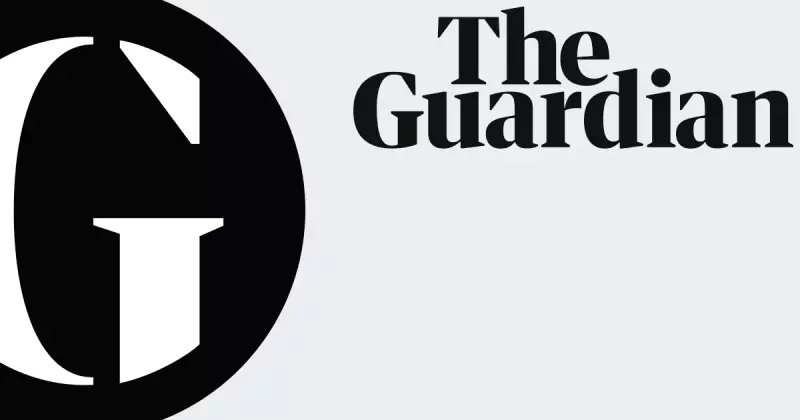
Australian retail titan Kmart is staring down a significant legal challenge that strikes at the heart of corporate ethical responsibility. The firm is facing potential court action over allegations it may have profited from products connected to forced labour practices within its vast, global supply chain.
Leading this charge is the specialist legal practice Equity Generation Lawyers, acting on behalf of a concerned shareholder. The action centres on a stark accusation: that Kmart's public statements regarding its efforts to eradicate modern slavery from its operations may be misleading to consumers and investors alike.
The Core of the Allegations
The legal claim suggests a profound disconnect between Kmart's public-facing commitments and the reality on the ground. It is alleged that the discount retailer may have sourced products from supply chains that utilise Uyghur forced labour, a serious violation of human rights.
Furthermore, the action posits that Kmart's continued sale of such goods could represent a breach of Australian Consumer Law. The argument is that by marketing itself as an ethical and responsible brand, while potentially benefiting from exploitative labour, the company is engaging in deceptive conduct.
Beyond a Single Supplier: A Systemic Issue?
This is not an isolated incident tied to a single, rogue supplier. The law firm points to a 2023 report by the Human Rights Law Centre, which allegedly identified numerous Chinese companies linked to state-sponsored labour programs that were simultaneously acting as direct suppliers to Kmart Australia.
This evidence suggests the potential issue could be woven deeply into the fabric of Kmart's sourcing model, raising questions about the effectiveness of its entire ethical auditing process.
Kmart's Response and the Road Ahead
In response to the looming action, a spokesperson for Kmart reiterated the company's longstanding policy against forced labour. They emphasised their commitment to ethical sourcing and pointed to their modern slavery statements, which outline their due diligence processes.
The legal team, however, is not seeking financial damages. Their goal is more fundamental: to force a court declaration that Kmart has engaged in misleading conduct. Such a ruling would be a monumental blow to the brand's reputation and could set a powerful legal precedent, compelling all Australian corporations to scrutinise their supply chains with far greater rigour or face similar consequences.





